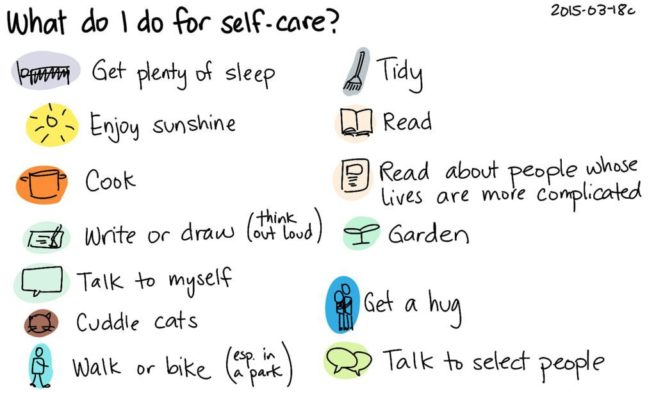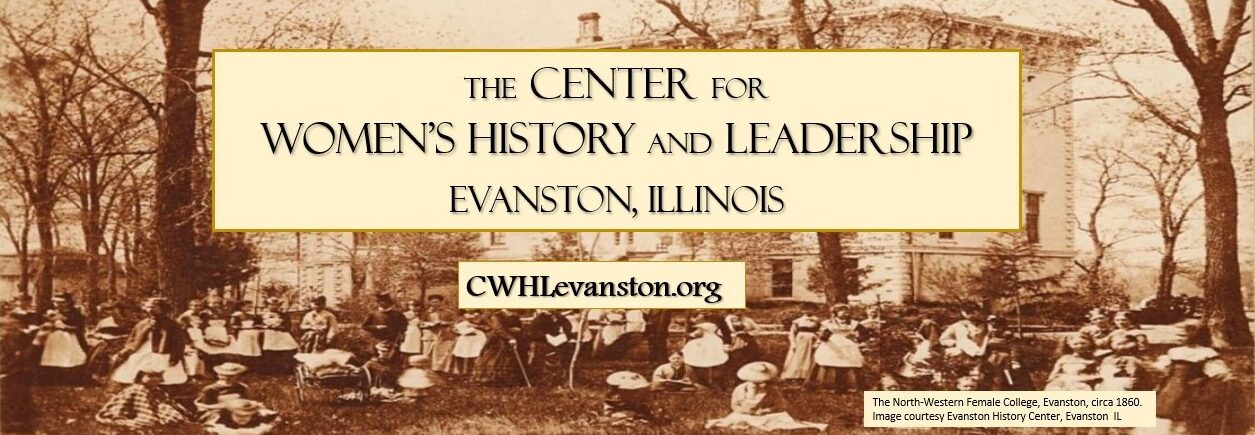
It’s that time of the year when everyone is concerned with “self-care.”
Whether it be mindful meditation, healthy eating, or hiking – self-care is no longer the stuff of new age folklore.
Inherently, the definition of self-care is fluid, what works for one might not work for another. My father, bless his soul, picked up marathon running at 54. Clearly, we all find different fulfillment.
Self-care got its start as a medical concept for chronically ill patients – like diabetics – who need constant, round the clock care. Then, in the political and social movements of the 1960s and 70s, self-care was adopted as a means of radical resistance to an uncaring governing body. Self-care, now, has found a home in high stress careers and communities of activists, both of which often experience emotional fatigue and burnout. [1]
Frances Willard dedicated her life to the Women’s Christian Temperance Union and moreso, to her own “Do Everything” motto. How did she avoid the burnout the plagues other activists? Was self-care something Willard practiced?
She may not have been calling her actions “self-care” but she was actively striving to better herself and maintain her health throughout her life.
You can find out more about Frances Willard’s own self-care style here
And, if you’re reading this – go out and get some fresh air and sunshine!
Guest blog by Amy Hildebrand, a third year student at DePaul University pursuing an American Studies major and History minor.
Endnotes:
Aisha Harris. “A History of Self Care” Slate.com Accessed March-June 2017.
